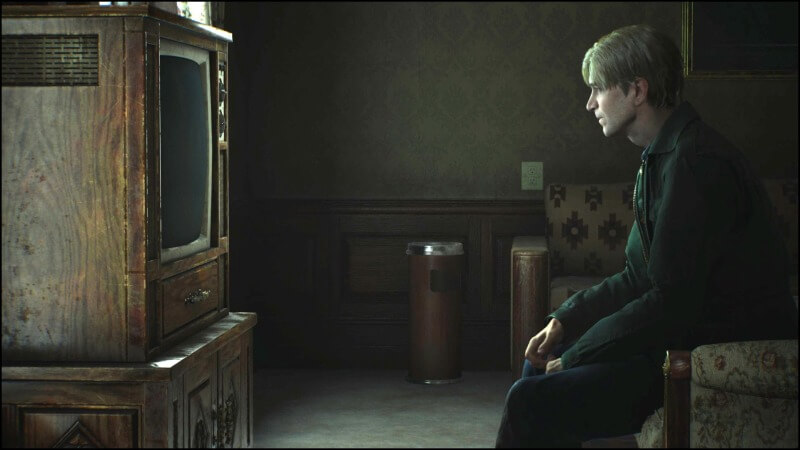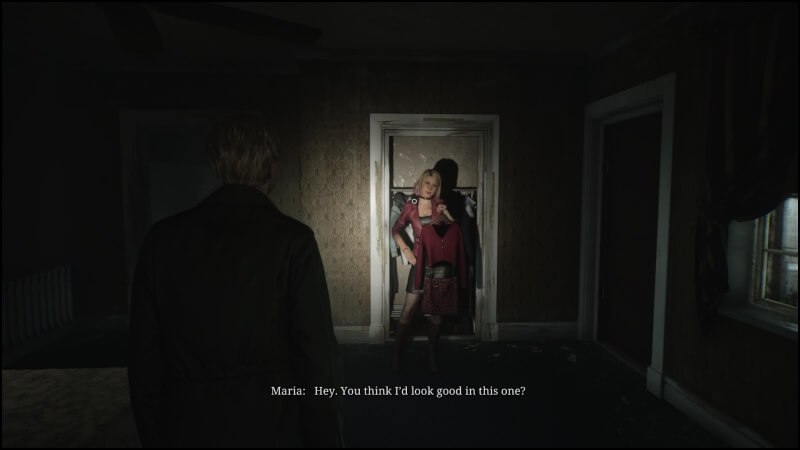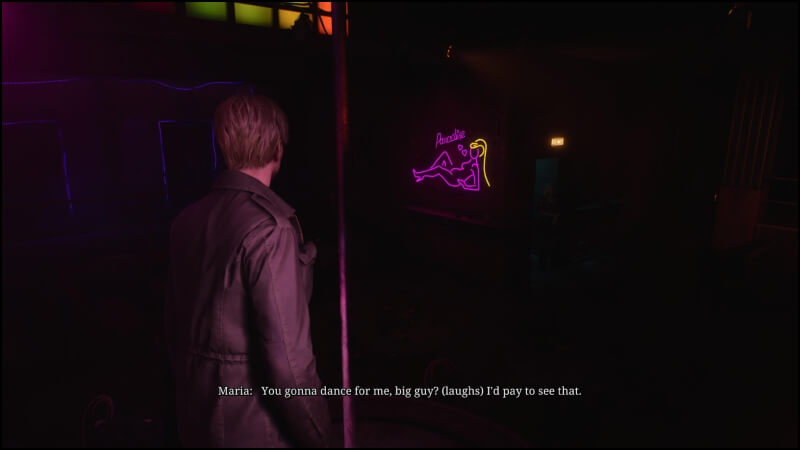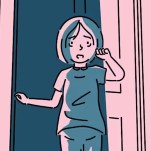Will You Go Down?: Silent Hill 2 and the Male Loneliness Epidemic

In the r/self subreddit, a man in his early 30s says that the “male loneliness epidemic” is a self-pitying problem with an easy solution. The user, who has since deleted his account eight months after he made the post, argues that society hasn’t abandoned men, but that many men have abandoned society instead by narrowing their social focus solely to romantic validation.
“If your entire social strategy revolves around being ‘wanted’ rather than wanting to engage with the world, you’ll always feel lonely,” the user wrote. “And that’s not a societal problem. That’s a you problem. If you are lonely—truly lonely, not just horny and starved for romantic affection—go outside and talk to people. It’s really that simple.”
In 2023, United States surgeon general Dr. Vivek Murthy declared a national loneliness and social isolation epidemic throughout the country. According to the accompanying study, scientific literature in recent years has shown that one in two adults in the United States reported experiencing loneliness. This was before the start of the COVID-19 pandemic in 2020.
Yet, this epidemic has been overshadowed by conversations driven by a male-centric rhetoric. Despite surveys showing roughly equal shares of men and women from the United States saying they’re often lonely, the so-called male loneliness epidemic has been front and center in discussions about isolation for years now. If you spend a modicum of time online, this is hardly a surprise—right-wing and misogynistic personalities, the likes of Joe Rogan and Andrew Tate, continue to replicate and amass a large number of largely young men into the “manosphere,” spewing not just hate, but also speeches about “male rights” and instructions on how to navigate society as “alphas.”
As absurd as this all sounds, there can be real ramifications for some people, especially the ones who feel lonely, are missing clear insight into who they are as a person and what they want to become, and lack a support network (or, in some cases, professional help). There’s a substantial demographic of men who are being shaped by these harmful figures, as well as almost delirious perceptions of women—a result of misogynistic speeches, sure, but also an obsessive consumption of pornography.
“After a cute date this guy walked me to my door,” reads a response on the Reddit thread in r/self. “We kissed a bit in the doorway. It was nice. After saying good night he said, ‘next time we come back here I want you to submit.'”
The user shares multiple examples of men being unable to handle their emotions normally, jumping to conclusions, and cutting people off on a whim at the slightest inconvenience. In one instance, when the user denied a guy a kiss at the end of a date, he got angry. “He spent the whole night talking about how after Me Too men are afraid to be men. How he didn’t know how to pursue women anymore now. After I said, ‘all we said was to stop raping us. You can still pursue and date us. We just don’t want to be harassed or stalked.’ He got angry and said that I didn’t understand. I’m sure I don’t understand what it’s like to be a man. I do, however, understand how to treat humans with respect.”
In Silent Hill 2, one of the possible story endings sees protagonist James Sunderland “leaving” the town with Maria. Maria is, in James’ eyes, the idealized version of his wife, Mary. The town creates this manifestation from the protagonist’s own carnal desires—rather than the “real” image of his loved one, who spent her last years bedridden due to a terminal disease, James is content to follow the leash of a flirtatious depiction of her.

In reality, this is a punishment inflicted by the town—Maria gets brutally murdered multiple times throughout the story, only to reappear later without giving much explanation. It takes until the very end for James to face reality and contend with the fact that he murdered Mary, and has been attempting to avoid his guilt over it ever since. The player, both through direct and (somewhat) indirect actions, gets to shape the outcome of these attempts, and whether they’re successful or not. By getting the aptly named “Maria” ending, it’s clear that James hasn’t learned anything, which the corresponding cutscene acknowledges by showing her coughing as they’re on the way to the car, subtly indicating that she’s also sick, and the cycle is bound to begin again.
According to the Maria entry of the Silent Hill wiki, in order to achieve this ending, some of the requirements involve avoiding examining Mary’s letter and photo in your inventory, as well as skipping a conversation in a hotel hallway in the final level. Others are more subtle: When Maria is tagging alongside you, you have to actively protect her from enemy attacks, stay close to her at all times, and follow her directional orders to a T.
-

-

-

-

-

-

-

-

-

-

-

-

-

-

-

-

-

-

-

-

-

-

-

-

-

-

-

-

-

-

-

-

-

-

-

-

-

-

-

-









































